9 Surprising Places to Sell Black Walnuts with High Margins
Black walnuts are not only tasty and nutritious, but they can also provide a significant source of extra income. By tapping into different marketplaces, you can broaden your customer reach and optimize the potential of this lucrative nut. In this article, we will discuss nine surprising places to sell black walnuts for high margins.
You can sell your black walnuts to the following:
- Groceries and markets
- Neighbors and community
- Online platforms
- Hammons Products Co
- Gourmet food shops and specialty stores
- Restaurants and bakeries
- Garden centers and nurseries
- Woodworkers and craftspeople
- Nut and snack food companies
These options will surely help you maximize your profits while sharing the joy of these delicious nuts with others. Stay tuned as we guide you through unique and high-potential selling opportunities for your black walnuts.
Exploring the 9 surprising places to sell black walnuts with high margins will be invaluable for devising a lucrative sales strategy and expanding your market reach, in your journey of starting a walnut farm from scratch.
Summary
- Selling black walnuts in a farmer's market generally provides higher profit margins due to direct sales, while supermarkets may operate on lower profit margins due to intense competition and operational expenses.
- Online platforms, including e-commerce websites and online marketplaces, offer sellers the opportunity to reach a broader customer base, expand beyond local markets, and capitalize on the convenience of online shopping.
- Partnering with Hammons Products Co. can provide a reliable and steady market for black walnuts due to their expertise in procuring, processing, and distributing premium-grade walnuts.
- Collaborating with woodworkers and craftspeople to utilize black walnut wood for furniture making and wood carving can provide an additional avenue for generating value from black walnut trees.
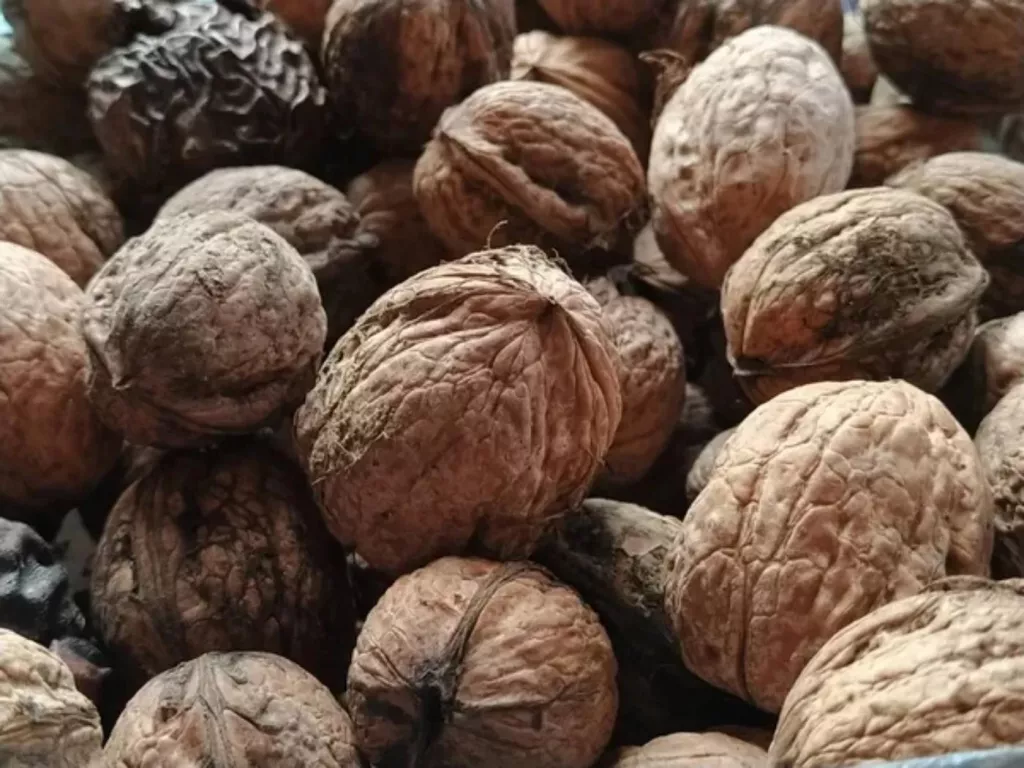
On this page:
- Exploring Different Places to Sell Black Walnuts
- Selling to Grocery Stores and Markets
- Selling to Neighbors and Nearby Community
- Selling Black Walnuts Online
- Marketing Black Walnuts to Hammons Products Co.
- Close Deals With Gourmet Food Shops and Specialty Stores
- Merchandise to Restaurants and Bakeries
- Selling Black Walnuts in Garden Centers and Nurseries
- Partner With Woodworkers and Craftspeople
- Incorporate Black Walnuts into Products of Snack Food Companies
Exploring Different Places to Sell Black Walnuts
The table below provides an overview of estimated selling prices for black walnuts in various locations:
| Places To Sell Black Walnuts | Estimated Selling Price |
|---|---|
| Groceries and markets | $3-5 per pound |
| Neighbors and community | $2-4 per pound |
| Online platforms | $4-6 per pound |
| Hammons Products Co | $7-9 per pound |
| Gourmet food shops and specialty stores | $5-7 per pound |
| Restaurants and bakeries | $6-8 per pound |
| Garden centers and nurseries | $4-8 per board foot |
| Woodworkers and craftspeople | $8-15 per board foot |
| Nut and snack food companies | $5-7 per pound |
Selling to Grocery Stores and Markets
You can sell your black walnuts at local grocery stores and farmers' markets which usually seek fresh, locally sourced produce for their customers.
These are some types of markets and grocery where you can sell black walnuts and the estimated profit margin from each:
| Where To Sell | Estimated Profit Margin | Net Profit Margin |
|---|---|---|
| Local grocery stores | 20-30% | 15-25% |
| Farmer's markets | 30-40% | 25-35% |
| Supermarkets | 15-25% | 10-20% |
Local grocery stores may offer a moderate profit margin due to their operational costs, including overheads and labor expenses. Additionally, they might have lower sales volumes than larger retailers, impacting the net profit.
Meanwhile, farmer's markets often provide higher profit margins as they involve direct sales, bypassing intermediaries. This can lead to lower operational costs and higher net profits.
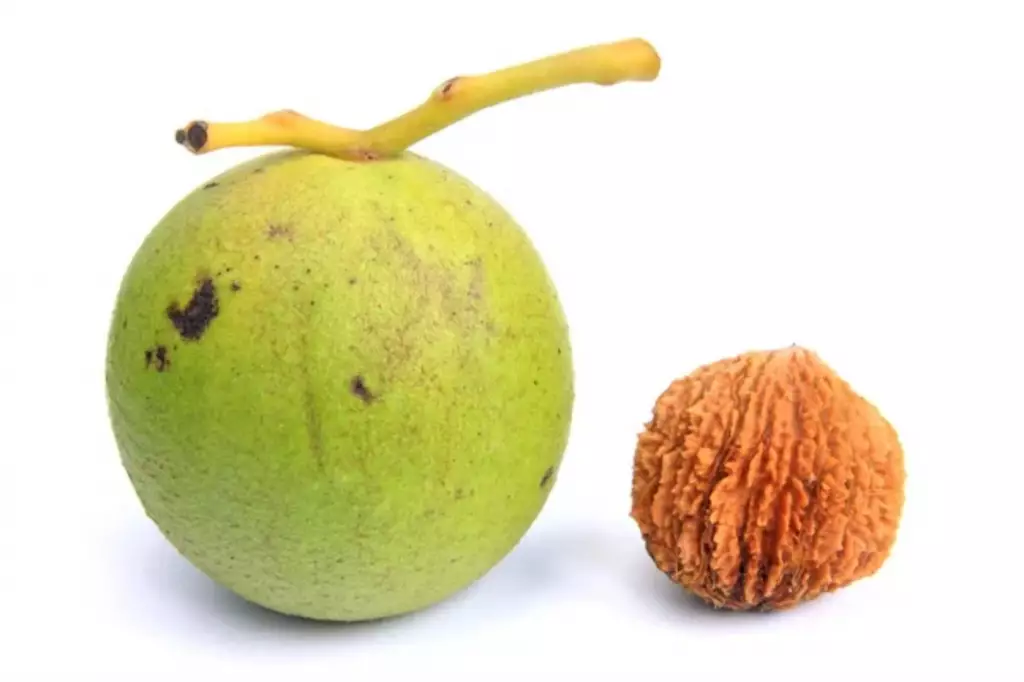
Supermarkets typically operate on lower profit margins due to intense competition, promotional costs, and other operational expenses. This can result in lower net profits despite higher sales volumes.
When selling black walnuts, here's a pricing strategy guide to help you maximize your profits.
Selling to Neighbors and Nearby Community
Your neighbors and the wider community are excellent potential buyers for your black walnuts. You can set up a stand at community events, or even in your own front yard.
To attract more customers, you may offer walnut-based products like baked goods or nut butter alongside the whole walnuts. Here are two approaches you can take:
Engage in direct sales to neighbors
This method allows for direct interaction with potential customers, fostering a sense of trust and familiarity. Sellers can leverage word-of-mouth marketing within the neighborhood by offering high-quality black walnuts, potentially leading to repeat sales and referrals.
Additionally, direct sales can often result in higher profit margins compared to selling through intermediaries or retailers.
Participate in community events
Participating in community events or markets provides an opportunity to showcase and sell black walnuts to a broader audience. These events often attract local residents as well as visitors, creating a platform for sellers to promote their products and build brand recognition within the community.
Community events also offer a social setting for engaging with customers, receiving direct feedback, and understanding preferences. Furthermore, participating in such events can contribute to a sense of community involvement and support, potentially leading to increased sales and brand loyalty.
Selling Black Walnuts Online
Selling black walnuts through online platforms, including e-commerce websites and online marketplaces, offers a range of advantages and opportunities for reaching a broader customer base.
Utilize e-commerce websites
Utilizing e-commerce websites provides sellers with the ability to create their own dedicated online storefronts. This allows for greater control over branding, product presentation, and customer experience.
By leveraging e-commerce platforms, sellers can reach a global audience, expand beyond local markets, and capitalize on the convenience of online shopping.
Additionally, e-commerce websites offer flexibility in setting pricing, promotions, and shipping options, enabling sellers to adapt to changing market conditions and consumer preferences.
Participate in online marketplaces
Participating in online marketplaces such as Amazon, eBay, or Etsy presents an opportunity to tap into established customer bases and benefit from the platforms' existing traffic and brand recognition.
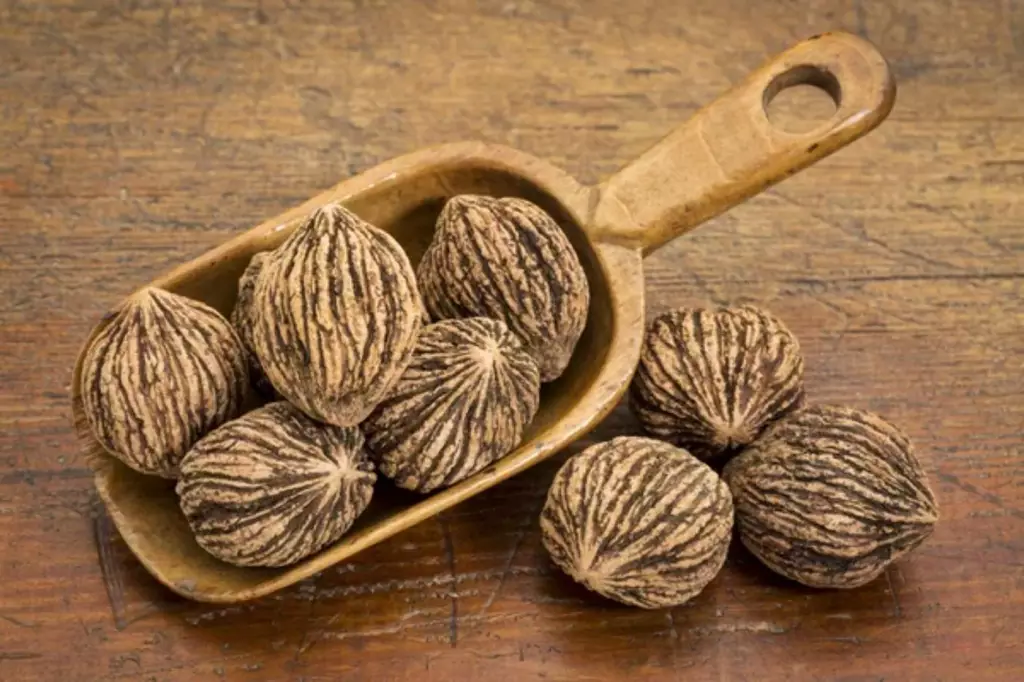
Sellers can leverage the visibility and credibility of these marketplaces to showcase their black walnuts to a diverse range of potential buyers.
Marketplaces also often provide tools for marketing, customer communication, and order fulfillment, streamlining the selling process and enhancing customer reach.
Marketing Black Walnuts to Hammons Products Co.
Hammons Products Company, a major buyer of black walnuts in the United States, operates over 200 buying stations across the country. They pay around $14 per 100 pounds of hulled walnuts, making them a steady and reliable place to sell your harvest.
They specialize in the procurement, processing, and distribution of black walnuts. If you need tips on how to scale up and market your black walnuts, this article may help you.
Hammons Products Co. as a specialty walnut buyer
As a specialty walnut buyer, Hammons Products Co. plays a crucial role in sourcing high-quality black walnuts from growers and suppliers.
They often work directly with walnut farmers and cooperatives to acquire premium-grade walnuts that meet their quality standards. Specialty walnut buyers like Hammons Products Co. are known for their expertise in selecting the best walnuts, often focusing on factors such as size, flavor, and overall quality.
This direct procurement approach ensures that the walnuts meet the specific requirements of their processing and distribution operations.
Hammons Products Co. as a wholesale distributor
In addition to sourcing walnuts directly, Hammons Products Co. operates as a wholesale distributor, supplying black walnuts to a diverse range of customers, including food manufacturers, retailers, and other businesses.
As a wholesale distributor, they play a key role in meeting the demand for black walnuts in various industries, including food production, baking, confectionery, and more.
Their extensive distribution network allows them to efficiently deliver black walnuts to customers across different regions, ensuring a reliable supply of high-quality walnuts for commercial use
Close Deals With Gourmet Food Shops and Specialty Stores
Gourmet food shops and specialty stores are always on the lookout for unique and high-quality ingredients. You can approach them with samples of your black walnuts and negotiate a price based on their interest.
Feature your black walnuts in specialty food stores
Specialty food stores are known for curating a diverse selection of high-quality, artisanal food products, often including specialty nuts, gourmet ingredients, and unique culinary offerings. These establishments cater to discerning customers who seek premium and distinctive food items.
By featuring black walnuts in specialty food stores, sellers can tap into a market of food enthusiasts, home cooks, and individuals with a penchant for gourmet ingredients.
The artisanal and exclusive nature of specialty food stores aligns well with the premium qualities of black walnuts, making them an attractive offering for customers looking to elevate their culinary experiences.
Sell your black walnuts in gourmet markets
Gourmet markets, also referred to as upscale or specialty markets, are destinations for food connoisseurs seeking exceptional and often hard-to-find products.
These markets emphasize quality, craftsmanship, and a curated selection of gourmet offerings. Selling black walnuts in gourmet markets provides an opportunity to position the product as a sophisticated and sought-after ingredient for cooking, baking, and snacking.
The premium ambiance and discerning clientele of gourmet markets create an ideal environment for introducing and promoting black walnuts as a distinctive and upscale culinary ingredient.
Merchandise to Restaurants and Bakeries
Restaurants and bakeries are potential customers who may appreciate the natural, unique flavor of black walnuts in their dishes and baked goods.
Marketing black walnuts to local eateries
Local eateries, such as cafes, diners, and small restaurants, often strive to provide their patrons with fresh, locally inspired dishes and baked goods. By incorporating black walnuts into their menus, these establishments can offer unique and flavorful options that appeal to customers seeking distinctive flavors and ingredients.
Black walnuts can be featured in a variety of dishes, including salads, entrees, and desserts, adding a touch of gourmet flair to the culinary offerings of local eateries.
Given the emphasis on community and local sourcing, local eateries can leverage black walnuts to create signature dishes that resonate with their customer base.
Marketing black walnuts to local eateries
Artisan bakeries are known for their dedication to crafting high-quality, handcrafted baked goods that showcase premium ingredients and artisanal techniques.
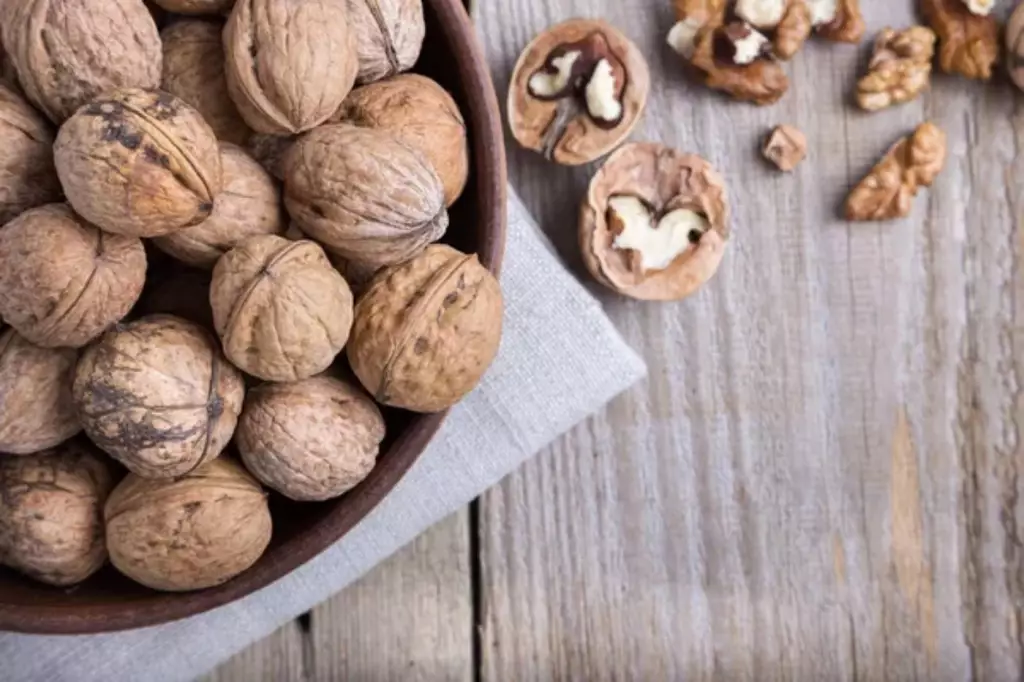
By integrating black walnuts into their bread, pastries, and confections, artisan bakeries can elevate their product offerings with the distinctive flavor and texture of these nuts.
Black walnuts can add depth and complexity to baked goods, appealing to customers who appreciate unique and sophisticated flavor profiles.
Artisan bakeries can position black walnut-infused products as premium offerings, catering to discerning consumers who seek exceptional baked goods made with top-quality ingredients.
Selling Black Walnuts in Garden Centers and Nurseries
Garden centers and nurseries seek diverse plant species, including black walnut trees. You can sell your black walnuts as seeds for planting, provided they are viable and well-packaged for this purpose.
To sell black walnuts in garden centers and nurseries, you need to highlight the unique qualities of these trees. You can emphasize their natural beauty, shade-providing capabilities, and the delicious nuts they produce.
When approaching plant nurseries, try to focus on the potential for black walnut trees to enhance their inventory. Highlight the demand for these trees among homeowners and garden enthusiasts, and explain how offering black walnut trees can attract new customers and diversify their product selection.
In garden supply stores, emphasize the value of black walnut trees as a long-term investment for customers. Highlight the benefits of growing their own nuts and the environmental advantages of planting native tree species.
You can also offer them educational materials and resources to help store staff promote the benefits of black walnut trees to their customers.
Partner With Woodworkers and Craftspeople
Black walnut wood is highly sought after for its beautiful dark color and versatile applications, including furniture making and wood carving. You can partner with local woodworkers and craftspeople who can use the wood from your black walnut trees for their projects.
Woodworkers and craftspeople, including artisan woodworkers and craft and woodworking shops, play a significant role in utilizing and showcasing black walnut wood for various artistic and functional purposes. Here's a discussion of each:
Work with artisan woodworkers
Artisan woodworkers are skilled craftsmen who create high-quality, custom wood products, often emphasizing fine craftsmanship and attention to detail.
Black walnut wood is highly prized for its rich color, attractive grain patterns, and workability, making it a favored material for crafting furniture, cabinetry, and decorative items.
Collaborating with artisan woodworkers allows black walnut sellers to supply premium-quality wood that can be transformed into bespoke, handcrafted pieces.
In fact, a 50-foot black walnut tree can be worth anywhere from $10,000 - $30,000 or more, with its lumber having an estimated value between $5,000 - $10,000.
The unique characteristics of black walnut wood, including its durability and aesthetic appeal, make it a sought-after material for creating heirloom-quality pieces that resonate with customers seeking exceptional craftsmanship and timeless beauty.
Sell to craft and woodworking shops
Craft and woodworking shops cater to hobbyists, DIY enthusiasts, and professional woodworkers seeking a diverse selection of wood materials and supplies.
These establishments provide a platform for selling black walnut wood in various forms, including lumber, turning blanks, and specialty wood components. If you want to know the value of your black walnut trees depending on their age, you can turn to this article.
Black walnut's versatility and visual appeal make it an attractive choice for creating woodturning projects, small woodworking crafts, and DIY home improvement projects.
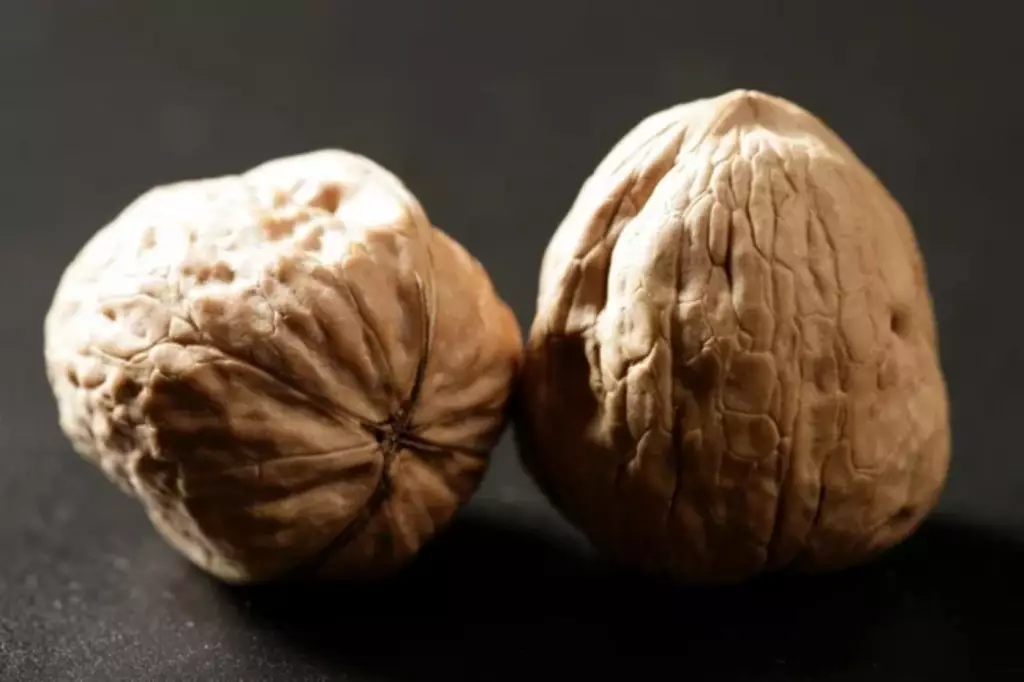
By supplying black walnut wood to craft and woodworking shops, sellers can tap into a market of individuals looking to incorporate premium wood materials into their creative endeavors, whether for functional items or decorative accents.
Incorporate Black Walnuts into Products of Snack Food Companies
Don't forget to consider nut and snack food companies that may be interested in incorporating black walnuts into their product lines.
Targeting snack manufacturers
Snack manufacturers are responsible for developing, producing, and distributing a wide range of snack products, including chips, bars, trail mixes, and other on-the-go snacks.
These companies are constantly seeking innovative and high-quality ingredients to differentiate their snack offerings and meet evolving consumer preferences. Black walnuts, known for their rich flavor and nutritional benefits, can be a valuable addition to a variety of snack products.
Whether used in energy bars, granolas, or mixed into trail mixes, black walnuts can contribute a unique taste profile and texture, appealing to health-conscious consumers looking for wholesome and satisfying snack options.
By incorporating black walnuts into their products, snack manufacturers can capitalize on the growing market for natural, minimally processed snack foods and offer upscale, gourmet snack options that resonate with consumers seeking both indulgence and nutrition.
In your endeavor to sell black walnuts, it's crucial to not only know where to sell them but also to understand strategies for selling them at maximum profit, ensuring you capitalize fully on your orchard's output.
Trading with nut processing companies
Nut processing companies are responsible for sourcing, processing, and distributing a wide variety of nuts, including walnuts, almonds, cashews, and more.
These companies often supply raw and processed nuts to snack manufacturers, food processors, and retailers. Black walnuts, with their unique flavor and nutritional profile, present an opportunity for nut processing companies to offer a premium, distinctive nut variety to their customers.
Whether providing raw black walnuts for further processing or offering value-added black walnut products, such as chopped or roasted walnuts, nut processing companies can cater to the needs of snack manufacturers and other food industry clients seeking high-quality nut ingredients for their products.
By incorporating black walnuts into their product portfolio, nut processing companies can expand their offerings and meet the demand for specialty nuts in the food industry.



